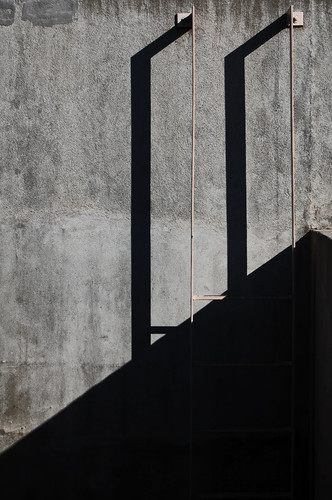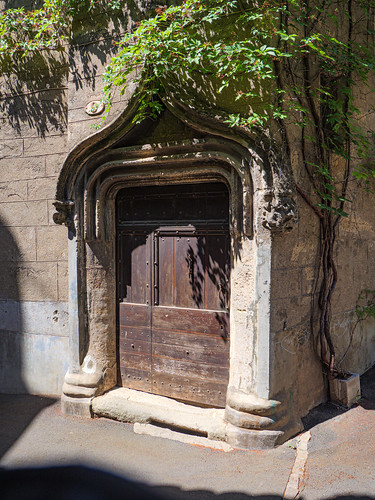I posted this a few days ago and took it down, but I’m giving it another go because it’s 11/11 and nonfiction doesn’t really get at my feelings about Remembrance and what it’s used for. Below is an excerpt from my novel in progress, The Law of Kindness.
It’s about an Irish woman who’s married a British army officer and can also write letters back through time to her younger selves. She’s probably a bit cattier than I am about the whole thing, and she’s writing this diary entry while ill and sometimes confused, but it gets at some of the complexity of feeling about Remembrance and its uses that people may feel when they have particular and very recent soldiers in mind who ‘shall not grow old’.
Wiltshire, November 2011
Robert’s back three weeks from Afghanistan and he can still hardly look at me. It’s all ‘babes’ and soft touches on the back of the hand, but will he look me in the eye or kiss me on the lips? He will not.
Christ, it’s all death around here all the time. Remembrance Sunday. I’d forgotten how brutal they are. Or is it like mercury. It builds up over time till you’re poisoned for life? We’d a nice few years of just hanging around, squashed into a pen within range of the Cenotaph and chatting to whoever was nearby, waiting for Robert to go past. When he’d find us afterwards, he’d be pink-cheeked with cold and glowing with this odd swirl of pride and the sweeter kinds of sorrow. He’d quickly squeeze the baby, give me one of those kisses that’s more like a question and peel off for an afternoon drinking with the boys. Back when we were in London, semi-detached from the army. And last year we were here, but pre- not post-tour, so I didn’t know any of this battalion’s injured or dead, and the bereaved parents only come for the first year or two, after. And with all my appointments and tests and all the rest of it, I barely paid attention, anyway.
But this one. Fuck me but it nearly did for us. Only a week after the post-tour medals parade. Whose idea was that? The wheelchair parade, more like. What a wretched, wretched tour. I’d kept up with the deaths, just a couple, thank God, but I’d no idea there’d been so many life-changing injuries. I don’t know why Robert barely mentioned them, or Angela. At least I had a chair and a blanket for the first parade, the medals one. Angela and me, sitting up like queens. And Camilla even came, so that made three. She sent her attendant off twice to refill my hot water bottle. God be with the days of having three nervous wees before meeting her and phoning Dad to tell him and tease his can’t-help-himself pride. Irish people and the royal family. Honest to God. Angela and me giggling as we go over the cleaning lady’s work in the CO’s downstairs loo, then seal it off three days before Camilla comes because royalty can’t possibly relieve themselves where we mortals have recently been. But she couldn’t do enough for the families during this tour and she was lovely to me at medals parade, commanding mugs of tea and asking was it the proper Irish one. Builder’s tea, she says, like it’s an ironic joke. I’d to tell her to stop being so nice or she’d make me cry.
And no one face-planted, no guardsman’s jaw. The usual only half-joking remarks there should be a wives’ medal. General on a mission to talk for five minutes to each of the injured. Two and a half hours. Six degrees Celsius. Children keening with boredom and cold, but the littlest ones in the warmth of the welfare at least, looked after by the 2 Fusiliers wives. Cake after, and fizz in the Mess, not that I could touch it. Robert wanted me to skip medals parade altogether. He was afraid I’d get pneumonia. Weird how ‘you’ll get pneumonia’ goes being a mad thing people say when it’s cold to something that could actually happen. ‘It’s an invitation, not a summons’. Sounds like something he read. But people will feel sorry for him in a not-good way if he doesn’t have a wife in a smart coat looking admiring then oblivious as the men mess up an overly complicated drill, never a strong point, forget about post-tour, a couple of stragglers losing the run of it, then a whole section gone the wrong way altogether, the RSM’s voice cracking into a strangled squeak as he sorts them out and us three queens in our big leather chairs brought out from the mess, trying to lighten the moment but not giggle too obviously. But I said that already. [click to continue…]




